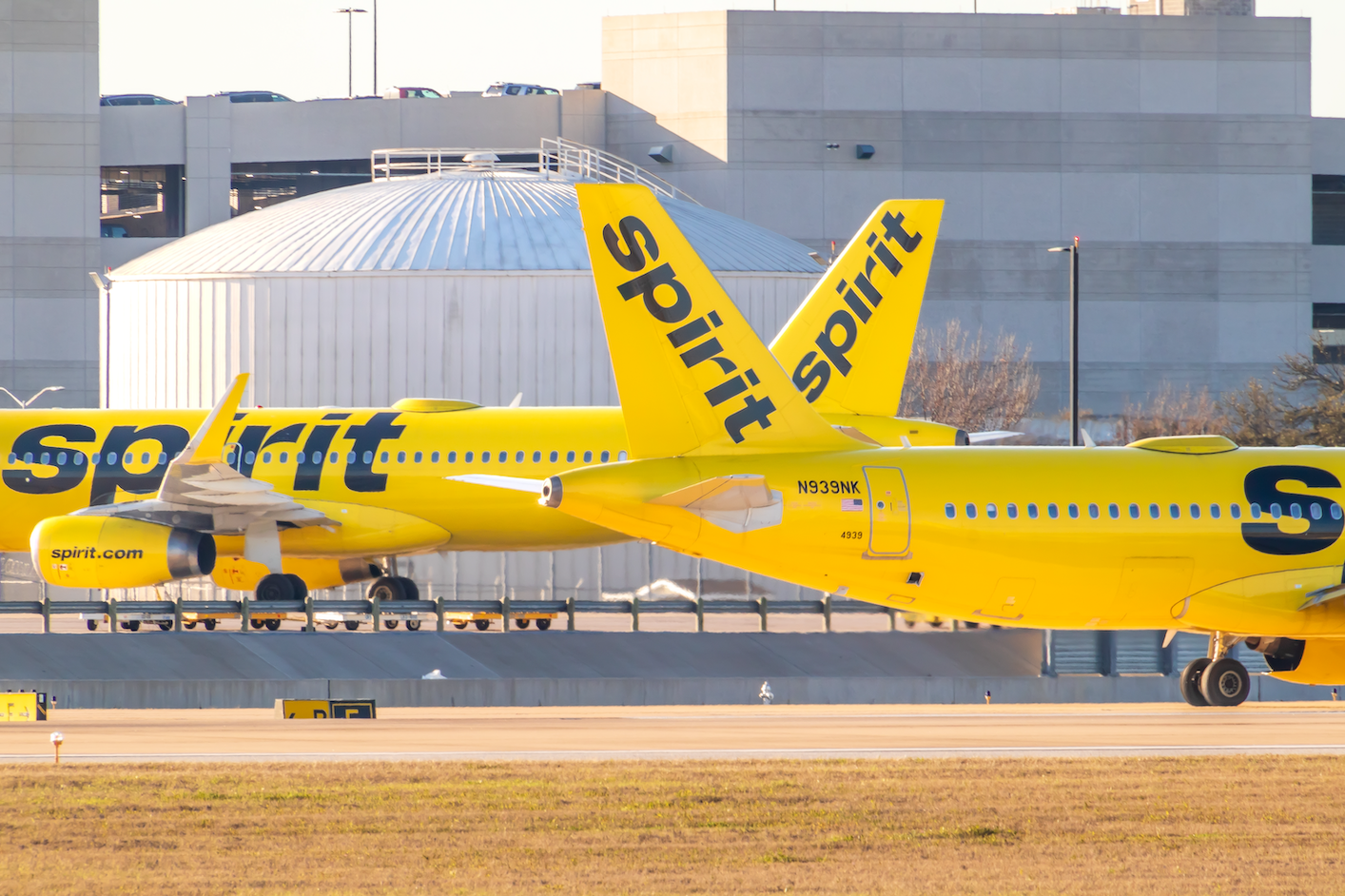Fitch Ratings has revised the rating outlook for Spirit Airlines to negative from stable and affirmed Spirit's Long-term Issuer Default Rating at 'B+'. Fitch has also affirmed Spirit IP Cayman's and Spirit Loyalty Cayman's senior secured debt at 'BB+'/'RR1'.
The outlook revision incorporates Fitch's view that various headwinds may drive profitability and leverage metrics to remain outside of Fitch's negative sensitivities through YE 2024 or longer. Aircraft availability and air traffic control issues are having a greater impact on Spirit relative to some competitors, limiting the company's post-pandemic margin recovery opines the rating agency. Longer-term, Fitch believes that Spirit's low-cost structure and its ability to stimulate demand will drive margins closer to pre-pandemic levels. However, it added that the timeline for improvement was “uncertain given various industry headwinds”. Should Spirit exhibit improving aircraft utilization and margin trends over the next 6-12 months, Fitch says that the outlook may be revised to Stable, whereas continued underperformance may drive a downgrade.
Spirit's rating is independent of its pending acquisition by JetBlue. Should the acquisition close, Fitch will likely equalize the two ratings. JetBlue is currently rated 'BB-'/Negative. The Spirit acquisition may drive a downgrade of JetBlue's rating, likely by one notch.
Fitch has affirmed the 2017-1 class AA and class A certificates and the 2015-1 class A certificates. Fitch has affirmed Spirit's 2015-1 and 2017-1 class B certificates at 'BBB-'.
Fitch expects Spirit's total adjusted leverage to remain above levels that support the 'B+' rating through 2024 before trending lower in 2025. Adjusted leverage may approach 4x by the end of Fitch's forecast period in 2026.
Spirit's 'B+' rating is in line with competitors such as American Airlines and United Airlines and is one notch lower than low-cost competitor JetBlue. Fitch views Spirit as being relatively weaker than the other 'B+' rated airlines due to “higher near-term leverage due to a slower rebound in operating margins post-pandemic”. Fitch also stated that it believes Spirit's financial flexibility to be weaker than either United or American as the larger airlines have “more ready access to debt markets and larger bases of unencumbered assets”. These weaknesses are partly offset by Spirit's lower cost structure, added Fitch, which it says generally allow the company to generate profits on lower fare levels and to stimulate demand.
